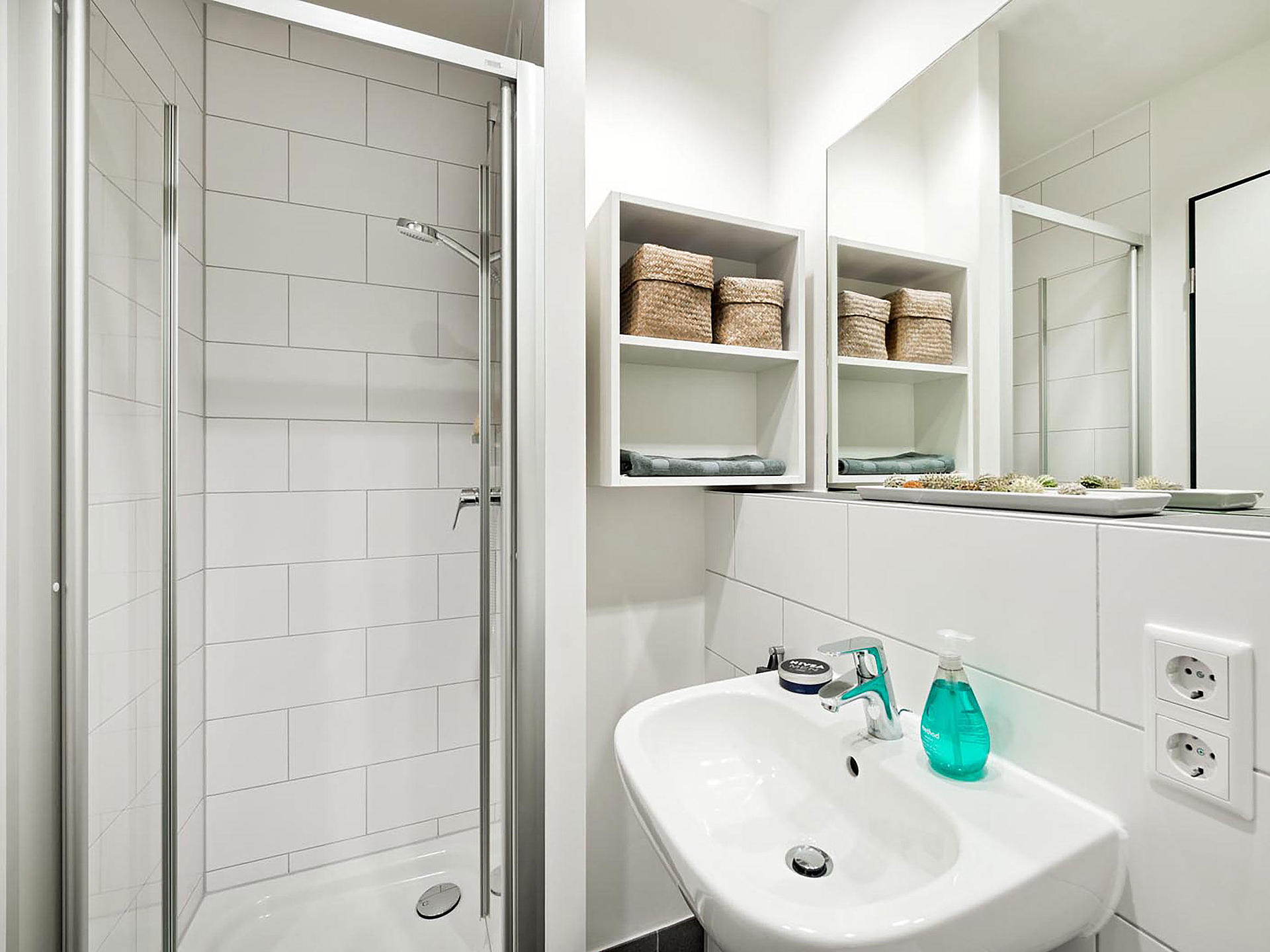The interface between technology and student accommodation
The interface between technology and student accommodation, including Student Accommodation In Berlin-speaking regions, is rapidly evolving, revolutionizing the way students live, study, and interact within their living spaces. This intersection has led to the emergence of innovative solutions aimed at enhancing the overall student experience and improving the efficiency and sustainability of student accommodations.
One of the most notable advancements in technology within Studentenunterkünfte is the integration of smart home systems. These systems leverage internet-connected devices and sensors to automate and control various aspects of the living environment, such as lighting, heating, and security. Through smartphone apps or voice commands, students can adjust settings, monitor energy usage, and even remotely control appliances, providing greater convenience and control over their living space.
Furthermore, technology has transformed the way students access and interact with amenities and services within Studentenunterkünfte. Many accommodations now offer online portals or mobile apps that allow residents to book facilities, report maintenance issues, and communicate with management staff more efficiently. Additionally, digital platforms facilitate the organization of social events, the formation of study groups, and the exchange of information among residents, fostering a sense of community and connectivity.
Moreover, technology plays a crucial role in enhancing security and safety within Studentenunterkünfte. From keyless entry systems and CCTV surveillance to emergency alert systems and virtual concierge services, these accommodations leverage advanced technologies to ensure the well-being and security of their residents. Additionally, IoT (Internet of Things) devices such as smart locks and motion sensors provide real-time monitoring and alerts, enhancing the overall security infrastructure of student accommodations.
Another area where technology is making a significant impact is in sustainability and eco-friendliness. Studentenunterkünfte are increasingly incorporating green building practices and energy-efficient technologies to reduce their environmental footprint. This includes the installation of solar panels, energy-efficient appliances, and smart meters to monitor and optimize energy usage. Additionally, digital solutions such as smart thermostats and water-saving fixtures help students minimize their resource consumption and live more sustainably.
Furthermore, technology is revolutionizing the way students access educational resources and academic support services within Studentenunterkünfte. With the proliferation of online learning platforms, digital libraries, and virtual tutoring services, students can access course materials, research resources, and academic assistance from the comfort of their accommodation. This seamless integration of technology into the learning environment enhances accessibility, flexibility, and efficiency, empowering students to succeed academically.
In conclusion, the interface between technology and student accommodation, including Studentenunterkünfte, is reshaping the way students live, learn, and connect within their living spaces. From smart home systems and digital platforms to enhance convenience and connectivity to sustainability initiatives and educational resources, technology is revolutionizing every aspect of the student accommodation experience. As technology continues to advance, student accommodations will undoubtedly evolve to meet the changing needs and expectations of students in the digital age.

